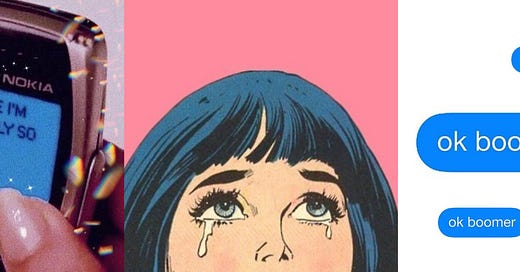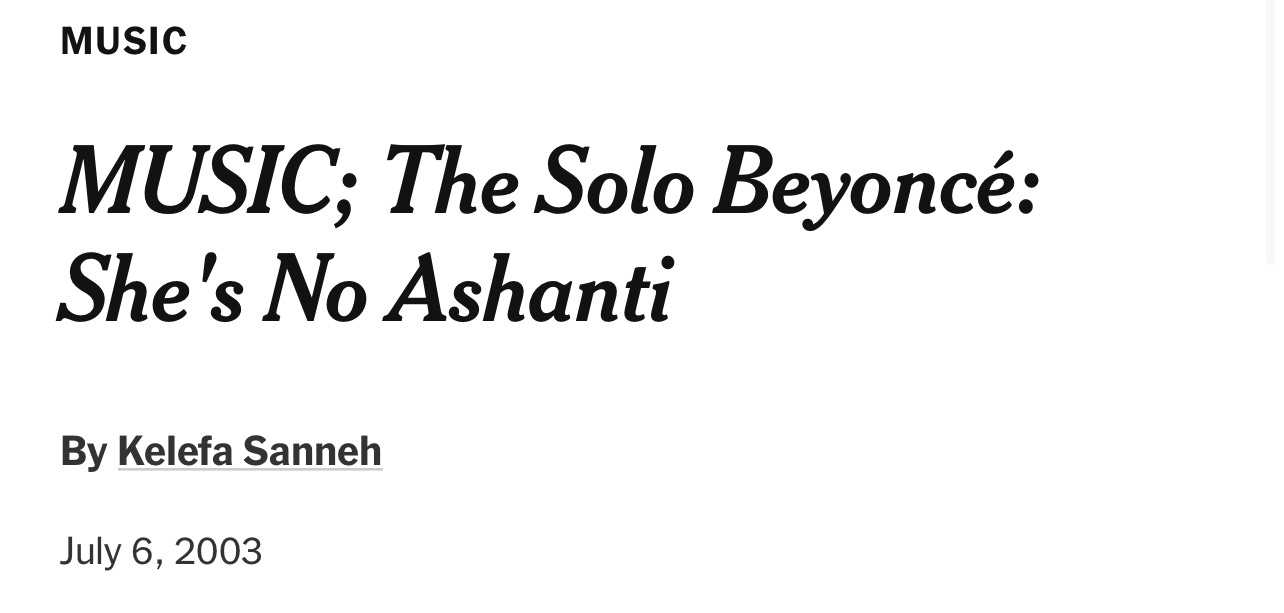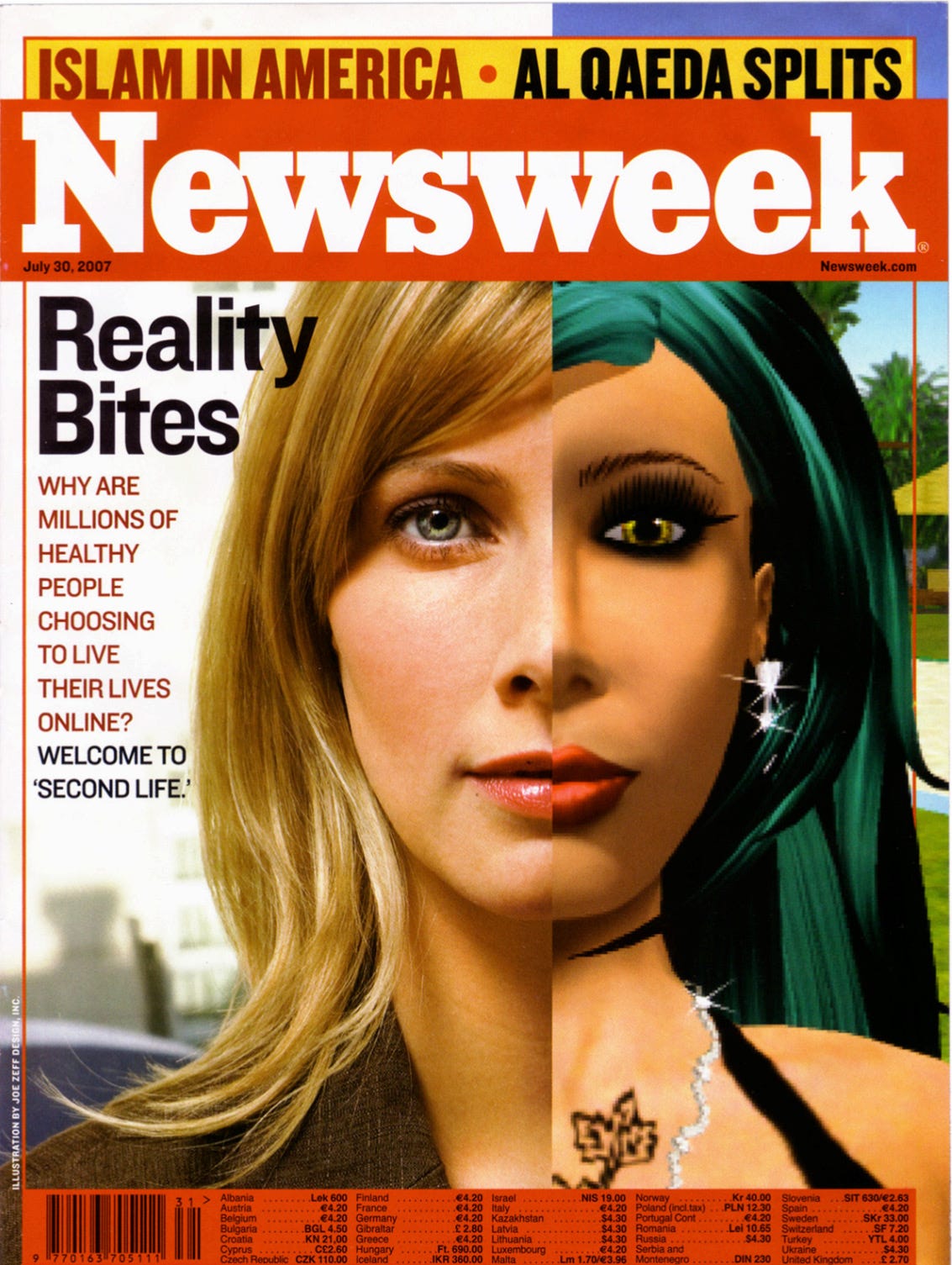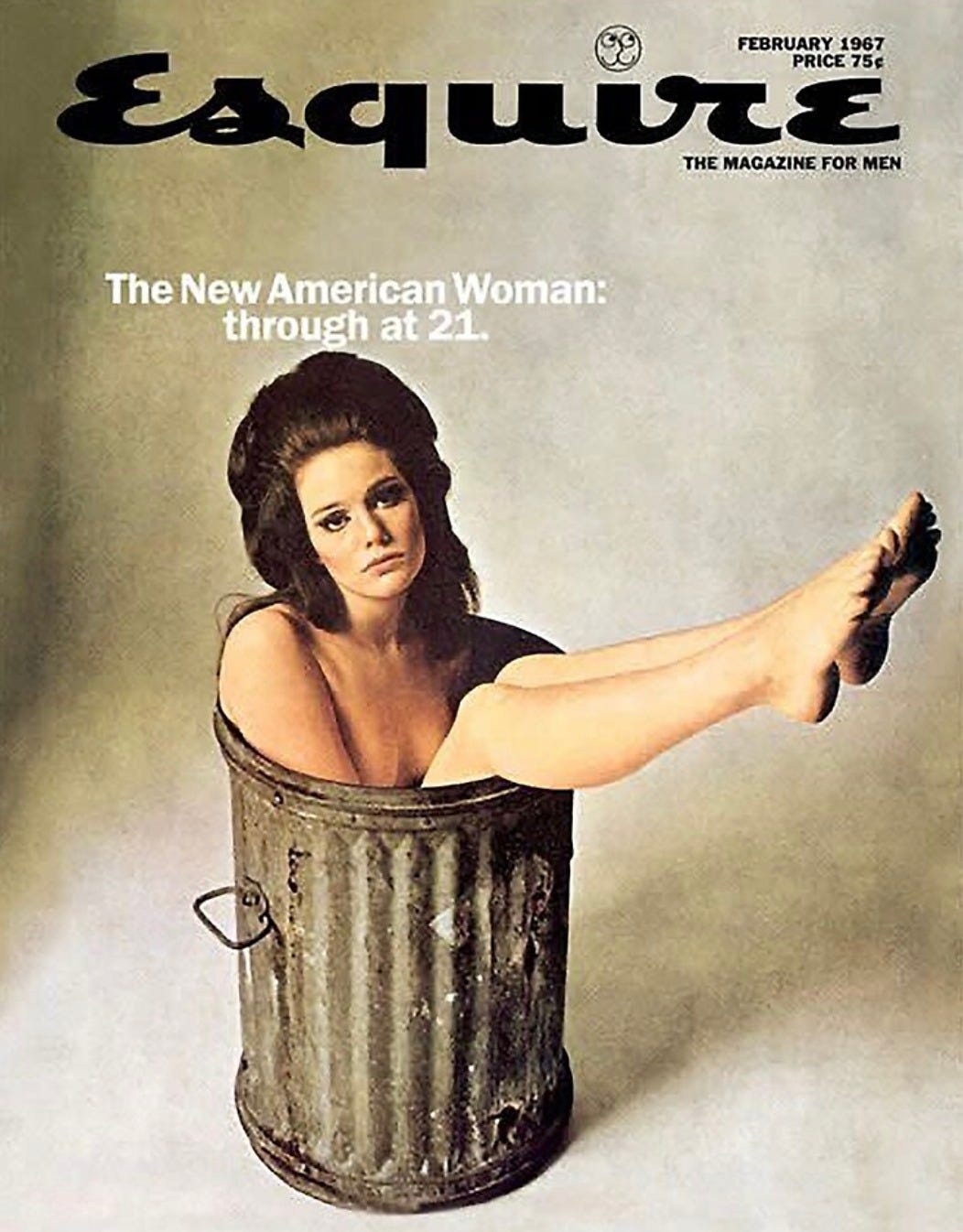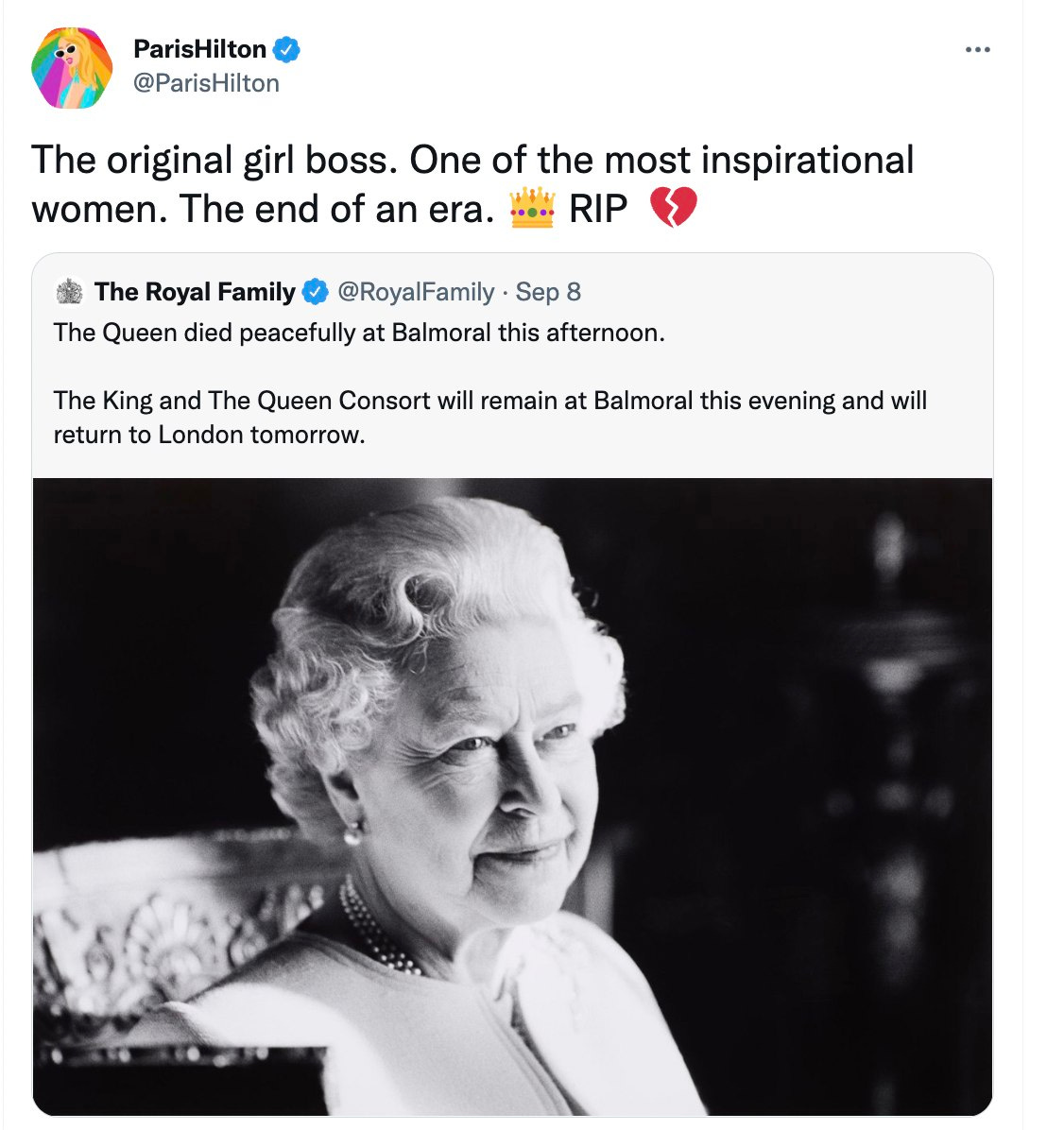Reporting on the Zeitgeist
Quiet quitting, "spoonies," sex workers on TikTok. How do you define the culture of today?
You’re a free subscriber to Wait, Really? For the full experience, become a paying subscriber.
For years, I’ve struggled to define my beat.
My stories often run in the “Style” section of the newspaper but they’re not about fashion. I write about culture but not movies and TV culture. I used to consider “tech” part of my beat, but isn't tech now just the air we breath? I usually just end up saying I write about things I find interesting.
When I was asked last year to teach a journalism course at NYU, I quickly had to take the parts of my job I love most and wrap them into a concept. (Technically, the class on offer was “Reporting the Arts.” But I asked if I could pitch a new class instead.) So, what was the class version of my beat?
The zeitgeist! Duh. Stories that tell us something about the way we live now — in a world that is constantly changing.
Zeitgeist is a German word (zeit means “time” and geist means “spirit”) but it entered the American lexicon a century ago, with the emergence of mass media. As one of my students wrote in our class zine last semester, suddenly we had shared ideologies and beliefs — or, at least, we were watching the same TV shows.
I ask my students to identify the current zeitgeist each week, but one of my favorite ways to talk about how the zeitgeist moves is to look at stories from the not-so-distant past.
Like, say, the time The New York Times declared, way back in 2003, that Beyoncé was “no Ashanti” in a music review. 🤣🤣
Or when, in a 2007 cover story for Newsweek, a colleague and I declared Second Life “the Internet’s next big thing." (L O L !) (My mother still proudly displays this issue in the family living room.)
Sometimes, the zeitgeist of yore feels positively retrograde. Like the infamous Esquire cover below, from 1967, dismissing the American woman as “done at 21.” Or the time that Newsweek— sorry to pick on Newsweek! — declared that single women over 40 are more likely to be killed by terrorism than to get married. (That statement wasn't actually true, but it nevertheless sparked a national debate in the late 1980s — and even ended up in the dialogue of “Sleepless in Seattle.")
These stories may sound ludicrous now, but they were all trying to capture something in the culture — music, new technology, marriage trends — as they were unfolding. Clearly, they (we?) didn't always get it right.
Perhaps no zeitgeist can withstand the test of time. And yet it is the job of the journalist to at least try to document the way we are living at any given moment, and explain it to the world.
Take quiet quitting — current subject of 1,000 think pieces, and a concept that emerged from a viral TikTok earlier this summer.
Quiet quitting is basically doing what your job requires and nothing more. Or in other words... the way people used to work, before hustle culture and girlboss-ing became a thing and technology made it possible to work around the clock. That's the historical context. The cultural context is that in the wake of the pandemic, many of us are reevaluating our relationships to our work, and which parts of it actually serve us. Somebody came up with a clever name to describe this. Suddenly it took off.
But today’s zeitgeist is many other things, too.
It is the fluidity of identity, and the labels we choose to describe ourselves. It's the way that technology has swept through every aspect of our lives, from dating to sex to currency to art. It is language, as terms like "the great resignation," "languishing," and "quiet quitting" have become shorthand to describe particular feelings or phenomenons in the present moment. It's the recycling of old concepts that become new again, like Y2K fashion or the “weird girl aesthetic."
To me, it's also a story of phones and FOMO and of declining mental health. It is the way we are more connected — while simultaneously more polarized — than ever before. But to you, it might be something else entirely.
The historian Bruce Schulman was the college professor who first introduced me to the concept of the zeitgeist. But as he explained it more recently, there can be many zeitgeists. What's yours?
What I'm Reading, zeitgeist edition:
Who deserves a second chance? I wrote last week about Lea Michele, the former star of Glee, who is back on Broadway in "Funny Girl" two years after being “canceled.” Lea Michele may be a character of our current zeitgeist, but how we think about second chances is, too. [The New York Times]
Why are chronically ill young women broadcasting their pain online? They call themselves "Spoonies" and they are mostly young women who gather online to talk about their chronic illness and pain. They are breaking down taboos. But what happens when you create a "brand" around being sick? [Common Sense]
Sex workers are demystifying their lives on social media. Meet the "Modern Working Girl," who is using TikTok to teach her followers about legal brothels in the U.S. [Vox]
Quiet quitting wasn't enough; now we're "quiet firing." An age-old concept we used to call "being pushed out," or simply not valuing an employee's contributions, has a new name. [Time]
#Spitgate: An explainer. If you haven't followed the memes, the drama, the outfits, the alleged spitting at the Venice Film Festival, centered around Harry Styles, Olivia Wilde and the "Don't Worry, Darling" film premiere, here's an explainer. (Though, honestly, maybe you're better off not knowing.) [Bustle]
What do NYC influencers do all day? "Most of my day is structured around running my dating and card-game business, Let’s Fucking Date." New York Mag interviewed influencers about how they spend their time. [The Cut]
The safe space that became a viral nightmare: A white student showed up at a multicultural center at Arizona State University with a "Police Lives Matter" sticker on his laptop. What ensued spiraled into a disaster for everyone involved. [New York Times Magazine]
One last thought: Paris Hilton on the Queen
There have been plenty of heartfelt remembrances and thoughtfully critical critiques of Queen Elizabeth II, who died on Thursday. And then there was this tweet, from Paris Hilton, which made me LOL.
⏩ Forward this newsletter to a friend or sign up to get it to your inbox.
💬 Have thoughts to share? Email me at supwaitreally@gmail.com. (You can also just reply to this email.)
🙋🏻♀️ Follow me on Instagram or learn more about my writing and books here.

